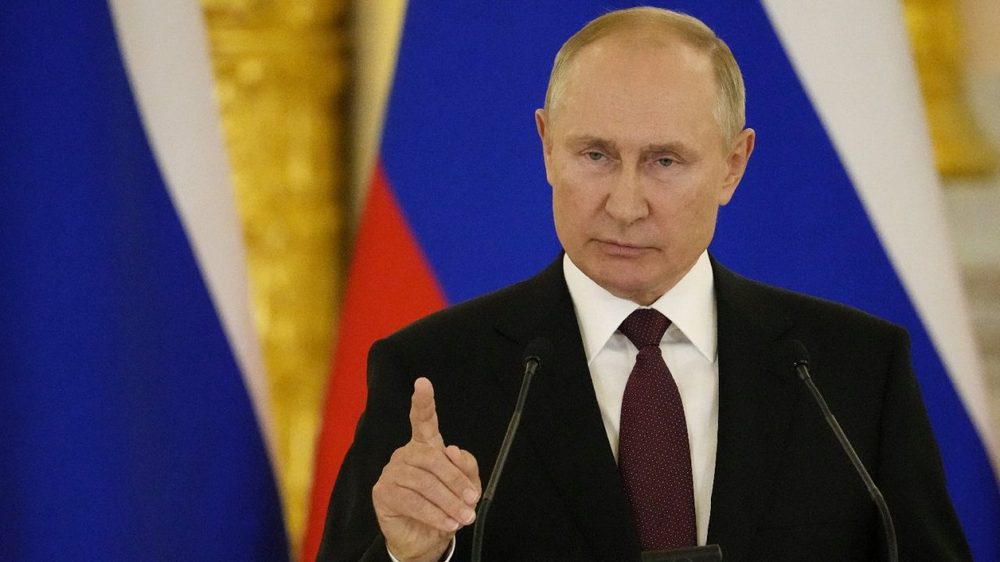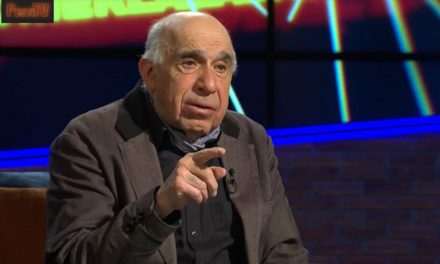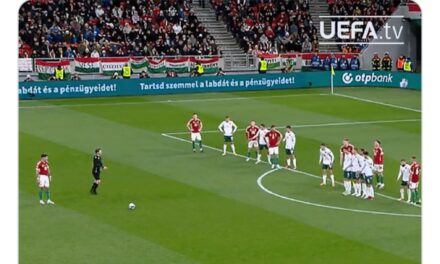No, I am not preparing for an analysis of the domestic political situation in Hungary, nor does the title refer to a well-known painting by Salvador Dalí, but to one of the chapters of Alexander Dugin's book The Foundations of Geopolitics, in which twenty-five years before the outbreak of the Russian-Ukrainian conflict, which can truly be considered a civil war, he considered the geopolitical situations in Russia they can cause a civil war.
Dugin sees the fundamental, antagonistic opposition between the globalist forces, which he calls mondialists, and the forces that insist on national sovereignty. The struggle between these two forces affects the geopolitical future of Russia, both within the country and in relation to the near and far abroad.
According to Dugin, we live in a special age when the state's domestic policy is inextricably linked to external political relations, and perhaps never before in history has the external pressure on nation-states been so strong and persistent. The most important doctrine of the modern Western political system is the theory of mondialism, the organization of people's lives in which there can be no nation-states, sovereignty and national interests. At the head of the world community of mondialists is the cosmopolitan elite, which wants to rule over the mathematical sum of individuals, not societies. Therefore, mondialism is directed against all national and state formations, and its main task is to abolish the old, traditional world divided into nations and countries, to create "a new world order" that denies the historical past and all forms of organic social formations.
Of course, mondialism is not only directed against Russia, but Russia, as the strongest geopolitical entity, was until recently the main obstacle to the gradual expansion of mondialist control from the West to the entire world. One of the plans of the Western mondialists was the gradual, "evolutionary" integration of the Soviet Union into the global system of the "new world order". This is the well-known convergence theory, which was the main compass for the forces that started perestroika. But the soft version of Russia's mondialization did not work for some reason, as a result of which the mondialist policy took the form of aggressive pressure and open subversive activities, and changed to aggressive, Russia-hating forms.
Knowledge of the mondialist influence mechanism is extremely important for understanding Russia's current situation. In the past, Russia's potential adversaries were nation-states and identifiable geopolitical forces structurally similar to Russia. Today, however, a special form of external pressure has developed, which does not have clear national, state or geopolitical outlines. Of course, traditional foreign policy factors are still at work, but their importance and weight pales in comparison to the totality of global pressures. For example, the development of Russia's relations with Germany, Japan, or China today is a matter for at least three parties: Russia, another state, and the globalist, global lobby that directly or through its agents exerts influence on these relations. Moreover, this third force, mondialism, often seems to be decisive, since its means of influence are incomparably more modern and effective than the corresponding mechanisms of "archaic" nation-state formations.
In the current geopolitical situation, the question is extremely urgent: either the planetary "new world order" under the leadership of the United States prevails, where all states and peoples will be impersonal and obedient "cogs" of the mondialist technocratic, atheistic, cosmopolitan model, or the potentially anti-mondialist, traditional and indigenous nations and states organize themselves into an alternative bloc and create geopolitical resistance against Atlanticism and mondialism.
At the time of writing the book (1997), Dugin identified two trends in the forces aspiring to lead Russia. One seeks to minimize Russia's sovereignty and autonomy to the point of its complete abolition, integrating it into the cosmopolitan system of the "new world order", and the other aims to create, strengthen and expand the sovereignty of the nation-state. Dugin derives the first, but least likely, version of possible civil wars from this contrast, and says that such a civil war would be almost bloodless and very short, after the destruction of the mondialists, the internal source of conflict would cease, and the political and social life of the state would be strictly would develop within the framework of national interests.
Another conceivable version of a civil war is when a conflict develops inside Russia between representatives of Russian and non-Russian ethnic groups. In this case, the conflict against the Russians would inevitably involve other state and national entities, which could make it a protracted and long-term conflict. Such a conflict turns the Russians from a nation-state into a narrow ethnic framework, which further narrows the geopolitical importance of Russia, which lost its imperial character after the collapse of the Warsaw Pact and then the Soviet Union.
According to a third version, the conflict would also be based within Russia, but not on ethnic divisions, but on regional, administrative and territorial antagonisms. Moscow's centralist policy in the political, economic and social spheres can provoke a strong confrontation between the center and the regions, which are trying to obtain the greatest possible autonomy in a general process of disintegration.
Finally, in the fourth and now realized version, war would break out between the Russian Federation and the former Soviet member republics. Dugin (1997) says that such a situation can easily arise due to the extreme instability of new state formations. These states, the vast majority of which do not have stable state and national traditions, which were created within completely arbitrary boundaries that do not coincide with ethnic, socio-economic or religious areas, are doomed to deep internal and drift into an external crisis. Such a conflict between the Russian Federation and the former Soviet republics, due to cultural and social similarities, would become fratricidal and indeed a civil war. In the case of the Slavic republics, such as Ukraine, which can be counted in the first place from this point of view, this would also be an internal national tragedy. Even if the Russians were to succeed in regaining some of the Russian homelands, the price could be the emergence of new enemy states that would fall into the camp of Russia's main adversaries, the mondialists, in which case the new imperial integration that Russia needs would be delayed indefinitely.
These lines were written a quarter of a century ago, and we can only acknowledge Dugin's foresight, that at the time when the Hungarians were still deceived by the idea that they could open a pastry shop in Vienna, and the majority believed it, Dugin already clearly saw that the regime change (in their case, perestroika ), whose protagonists in Moscow were the same as in Budapest, whose interests it will also serve.
Today, we, the Hungarian government, but also the majority of the population, are often accused of being pro-Russian, both internally and externally. We are not friends of Russia, we are only fighting against one and the same enemy, the globalist forces that subjugate the nation-states. The tragedy of the Ukrainians is that, led by them, they are now fighting on behalf of forces that, in order to protect their national sovereignty, will eventually become their opponents.
The author is an economist and a consultant to the National Forum
Source: Magyar Hírlap
Photo: MTI/EPA/AP pool/Aleksandr Zemlanychenko













